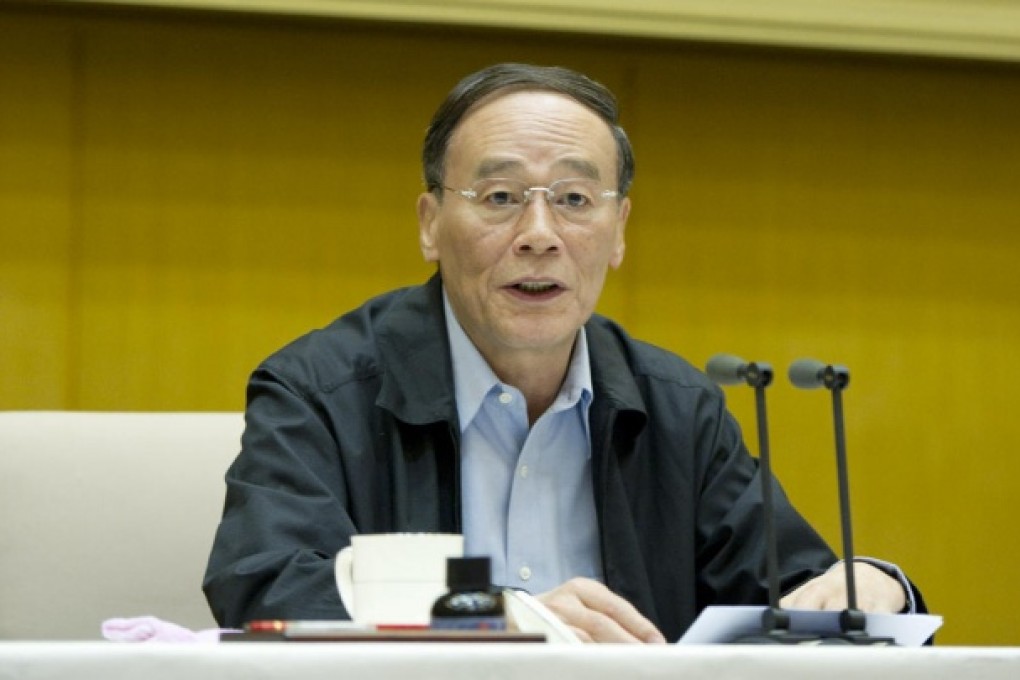People's Daily's imperial graft analogy draws criticism
People's Daily commentary that likens the Communist Party to dynasties' tackling of corruption raises political reform questions

A commentary in the Communist Party mouthpiece People's Daily yesterday that sought to draw inspiration from imperial institutions to tackle present-day corruption raised eyebrows and had many observers questioning prospects for political reform.
Headlined "Learning Good Anti-Corruption Experiences in History", the commentary explained how government institutions in imperial dynasties had tackled official corruption.
Why does the party ... just keep thinking about the feudal dynasties?
The measures include the establishment of specialised supervisory agencies independent of other ministries and local governments, and the promulgation of anti-graft laws that held close relatives of corrupt officials liable and prohibited officials from receiving favours from other mandarins or the general public in cases where conflicts of interest could arise.
But the article's analogy between ancient monarchies and the current regime prompted criticism from some internet users and analysts.
"Ancient China generally inherited a unified monarchical system, but even under a monarchy, the state bureaucracies still had a clear division of work that constituted a system of keeping powers in check," the commentary said.
At its fifth group study session last month, the Communist Party's Politburo invited two historians to elaborate on how the feudal dynasties dealt with official corruption and promoted clean and honest administration, Xinhua reported.